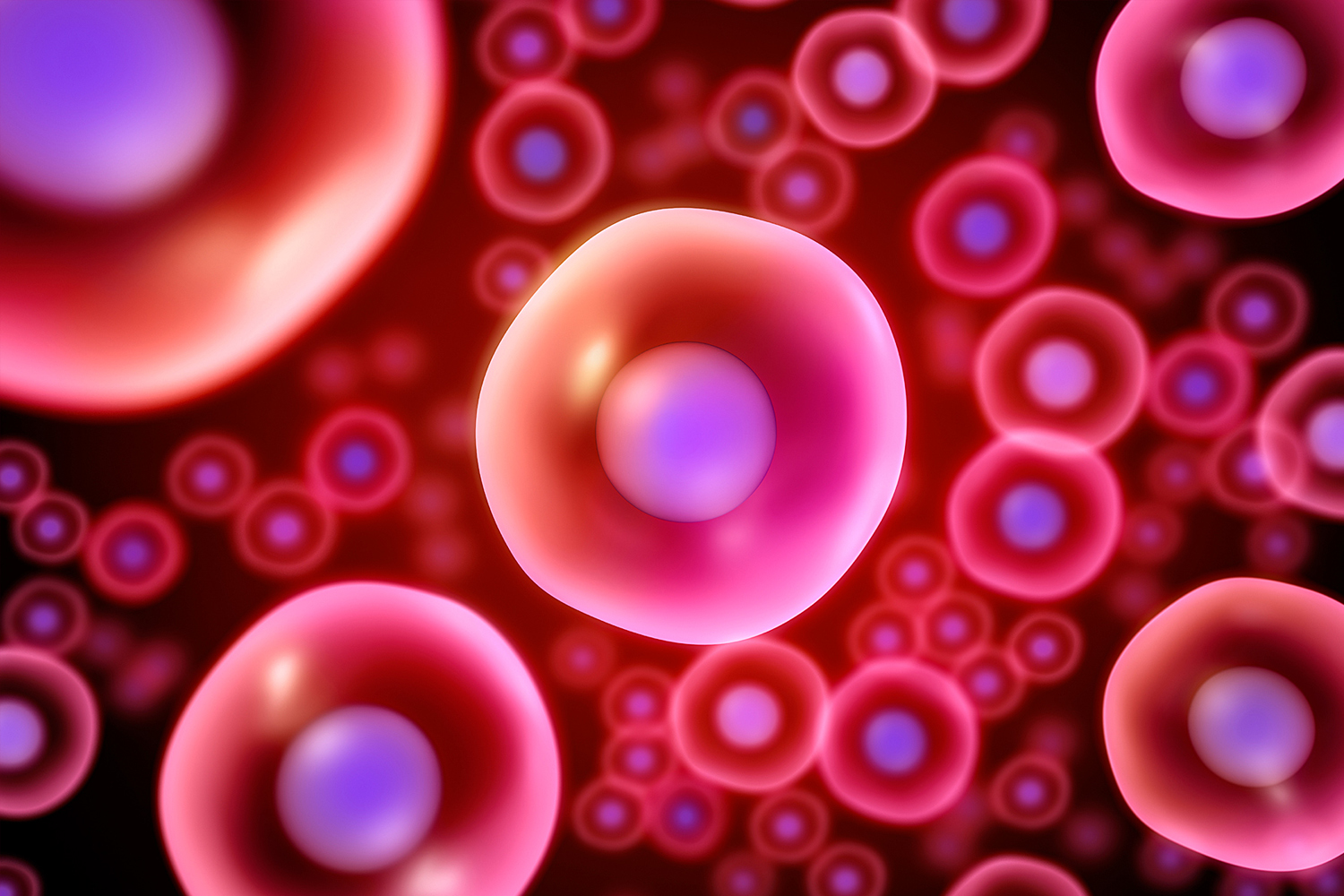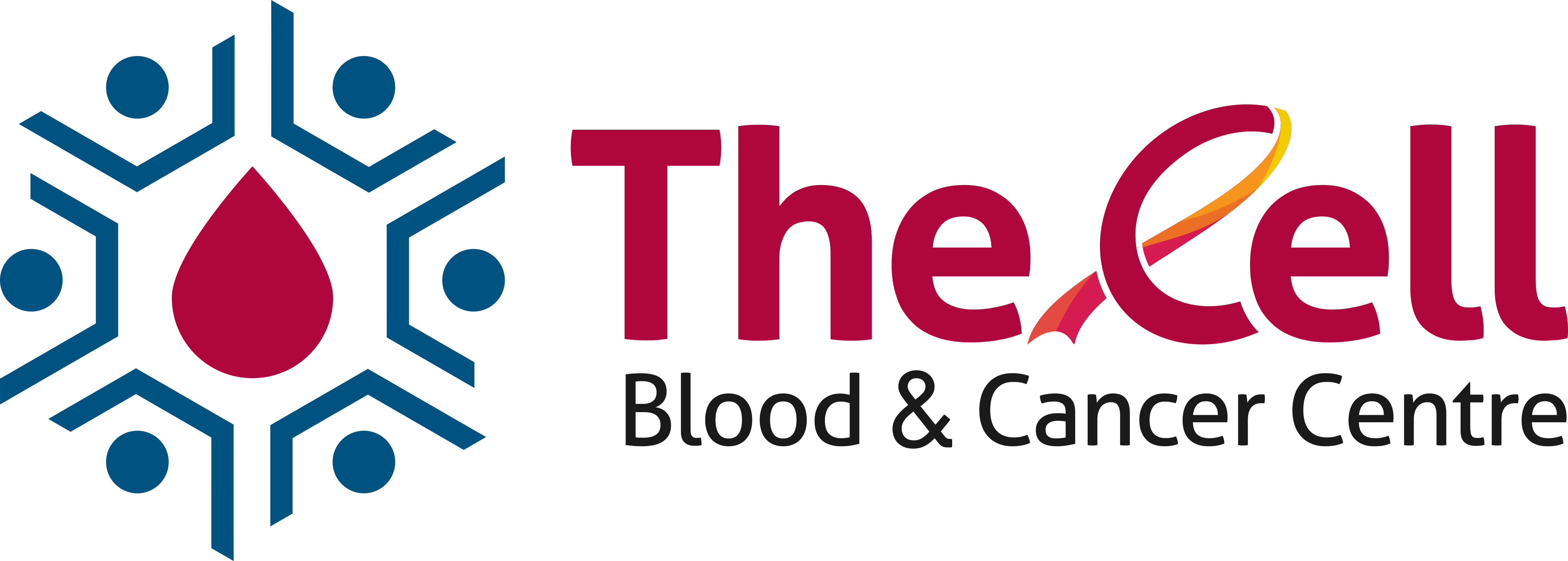Bone Marrow Transplant & Peripheral Blood Stem Cell Transplant: Comprehensive Care at The Cell

Bone marrow and peripheral blood stem cell transplants are life-saving treatments for patients with blood cancers, severe blood disorders, and other immune system-related conditions. These procedures involve replacing damaged or diseased bone marrow with healthy stem cells, enabling the body to produce new, healthy blood cells. At The Cell, we specialize in advanced bone marrow and peripheral blood stem cell transplants from the best bone marrow transplant doctors in Surat, offering expert care, cutting-edge therapies, and personalized support to improve outcomes and enhance the quality of life for our patients.
What Are Bone Marrow and Peripheral Blood Stem Cell Transplants?
Both bone marrow transplants (BMT) and peripheral blood stem cell transplants (PBSCT) involve transplanting hematopoietic stem cells, which are responsible for producing red blood cells, white blood cells, and platelets. The difference lies in the source of the stem cells:
- Bone Marrow Transplant (BMT):
- Stem cells are harvested directly from the bone marrow, typically from the pelvic bone, explain the doctors performing bone marrow transplant in Surat.
- BMT is often used for certain types of blood disorders or when high doses of chemotherapy or radiation damage the bone marrow.
- Peripheral Blood Stem Cell Transplant (PBSCT):
- Stem cells are collected from the bloodstream after the donor is treated with medication to stimulate the release of stem cells from the bone marrow into the blood.
- PBSCT has become the more common approach due to its minimally invasive collection process and faster recovery times.
Types of Transplants
Bone marrow and peripheral blood stem cell transplants can be classified into three main types based on the source of the stem cells:
- Autologous Transplant:
- Stem cells are collected from the patient before treatment (e.g., chemotherapy) and reinfused after the treatment to restore bone marrow function.
- Commonly used for certain cancers like multiple myeloma or lymphoma.
- Allogeneic Transplant:
- Stem cells are obtained from a healthy donor whose tissue type closely matches the patient. This donor may be a sibling, relative, or unrelated donor from a registry.
- Stem cell transplant doctors in Surat prefer this for conditions like leukaemia, aplastic anaemia, or severe immune deficiencies.
- Haploidentical Transplant:
- A type of allogeneic transplant where the donor is a partial match, often a family member. Advances in immunotherapy have made this option more viable.
Conditions Treated with BMT and PBSCT
Bone marrow and peripheral blood stem cell transplants are used to treat a variety of conditions, including:
- Blood Cancers: Leukaemia, lymphoma, multiple myeloma.
- Non-Cancerous Blood Disorders: Aplastic anaemia, sickle cell disease, thalassemia.
- Immune Deficiencies: Severe combined immunodeficiency (SCID), chronic granulomatous disease (CGD).
- Metabolic Disorders: Conditions like Hurler syndrome or adrenoleukodystrophy.
The Transplant Process at The Cell
At The Cell, we follow a meticulous and patient-focused process to ensure the success of each transplant.
- Pre-Transplant Evaluation:
- Comprehensive medical assessments, including blood tests, imaging studies, and organ function evaluations, to determine eligibility for the transplant.
- A thorough review of the patient’s medical history and discussion of the risks and benefits.
- Stem Cell Collection:
- For bone marrow transplants, stem cells are harvested from the donor’s pelvic bone under anaesthesia.
- For peripheral blood stem cell transplants, the donor is treated with medications (growth factors) to stimulate the release of stem cells into the bloodstream, which are then collected using apheresis.
- Conditioning Therapy:
- The patient undergoes chemotherapy and/or radiation to destroy diseased or damaged bone marrow and suppress the immune system to prevent transplant rejection.
- This step is critical for creating space in the bone marrow for the new stem cells to engraft.
- Stem Cell Infusion:
- The collected stem cells are infused into the patient through an intravenous (IV) line, similar to a blood transfusion.
- The stem cells travel to the bone marrow, where they begin to produce healthy blood cells.
- Post-Transplant Recovery and Monitoring:
- The patient is closely monitored for signs of engraftment, complications, and infections.
- Regular follow-ups and supportive care, including medications to manage side effects and prevent infections, are essential during this phase.
Risks and Complications
While bone marrow and peripheral blood stem cell transplants are highly effective, they are complex procedures that carry risks, say the doctors performing stem cell transplant in Surat, including:
- Graft-versus-Host Disease (GvHD): A condition where donor immune cells attack the patient’s tissues, seen in allogeneic transplants.
- Infections: The immune system is suppressed during the transplant process, increasing the risk of infections.
- Organ Damage: High-dose chemotherapy or radiation can sometimes affect organs like the liver or lungs.
- Graft Failure: In rare cases, the transplanted stem cells may fail to engraft or produce new blood cells.
At The Cell, we employ advanced preventive strategies, close monitoring, and prompt interventions to minimize these risks and manage complications effectively.
How The Cell Stands Out
At The Cell, we combine cutting-edge medical expertise with compassionate care from the best haematologists in Surat to deliver exceptional transplant services. Here’s what sets us apart:
- Expert Team:
- Our transplant specialists, haematologists, and immunologists bring years of experience in performing successful bone marrow and stem cell transplants.
- Advanced Technology:
- We use state-of-the-art equipment and protocols for stem cell collection, processing, and transplantation, ensuring optimal outcomes.
- Personalized Care:
- Every patient receives a customized treatment plan tailored to their condition, medical history, and individual needs.
- Comprehensive Support:
- Our multidisciplinary team provides emotional, nutritional, and psychological support to help patients and families navigate the transplant journey.
- Access to Clinical Trials:
- We offer patients the opportunity to participate in cutting-edge research and trials, providing access to the latest therapies and innovations.
Living After a Transplant
A bone marrow or peripheral blood stem cell transplant is a transformative treatment that can lead to long-term remission or cure for many conditions. However, recovery is a gradual process, and patients may need ongoing care, including:
- Regular check-ups to monitor blood counts and organ function.
- Medications to prevent infections and manage graft-versus-host disease, if applicable.
- Lifestyle adjustments, including a balanced diet, adequate rest, and avoiding infection risks.
Being one of the best haematology hospitals in Surat, we, at The Cell, support patients every step of the way, ensuring they receive the care and guidance needed to regain their health and independence.
Take the First Step Toward Better Health
If you or a loved one is considering a bone marrow or peripheral blood stem cell transplant, expert care is essential. At The Cell, we are committed to providing comprehensive, patient-centric transplant services to help you achieve the best possible outcomes.

 by
by